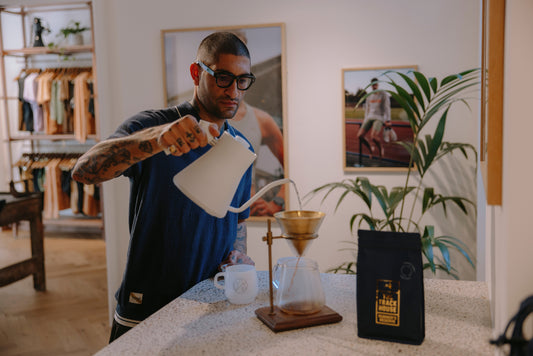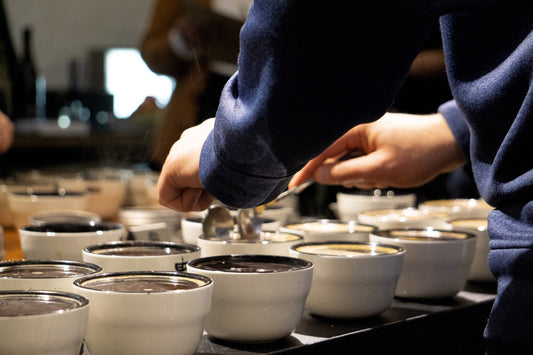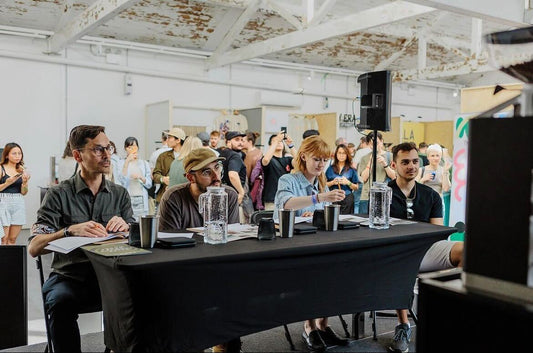
Coffee lovers in the UK are a lucky bunch. A recent upswell in the appreciation of great coffee, all around the country, means that there’s never been a better time to order a cup.
The press, blogs and social media all abound with stories of the latest cafes, roasters and, more recently, baristas who are putting energy and resource into improving this widely loved drink, celebrating them as talented harbingers of quality. And it’s true. A lot of work is required to take what is basically a handful of dried legumes, and turn them into a drink that warrants crossing town to taste.
But that quality that coffee lovers seek starts long before any roaster or barista is in the picture. The complexity, clarity and character of flavour that we now expect from roasters and cafes is not the product of the cleverest roasting, the fanciest espresso machine, or even the most ironically mustachioed barista.
Though many of us fail to appreciate it, the quality of what we look for in our daily coffee is established long before the beans arrive in Europe. It’s high time to remind ourselves that the coffee we love began the journey to us a long way away, as the seeds of a single ripe cherry, grown on a healthy coffee tree.
Just as we appreciate that the world’s best chefs are at the mercy of the producers that supply them, so too are roasters and baristas only capable of producing roasts and drinks of a quality befitting their ever-increasing price tag because of the care and diligent work of the world’s best coffee growers.
Coffee is a fickle and fragile fruit. As a tree, it’s susceptible to a wide range of diseases and attacks that can decimate crops: leaf rust, insect infestation and snap frosts to name just a few. During its preparation for export, if not dried correctly, coffee runs the risk of beginning to ferment and rot, resulting in a tainted and unsaleable product. Once dried and sitting in warehouses or on ships, the raw beans undergo organic degradation, turning woody, dry and stale. Even if all these risks are avoided, there’s still a chance that bandits will cut through warehouse locks, or hijack road transportation, and make off with a farmer’s entire year’s work.
Coffee production is hard and risky work, but it needn’t be thankless, too. In reality, it’s thanks to committed growers, millers and exporters that we as roasters and baristas have the opportunity to put that ever increasingly delicious coffee into your cup.
While it’s certainly true that the skill of baristas, and the quality of coffee being served has never been better, it’s important that as coffee lovers think beyond the barista, and give some thought to those responsible for growing our coffee.
When our freshly harvested lots arrive from Kenya and Ethiopia in a few weeks time, I’ll be reminding our baristas of my recent travels to farms there, and all the people that I met. And when customers thank our baristas for the great coffee they serve, I trust that they’ll remain humble and deferential, because we don’t magic up the quality in the customer’s drink, we’re merely a conduit that helps to maintain it from farm to cup.
---
Tim Williams
Director of Operations







Share:






